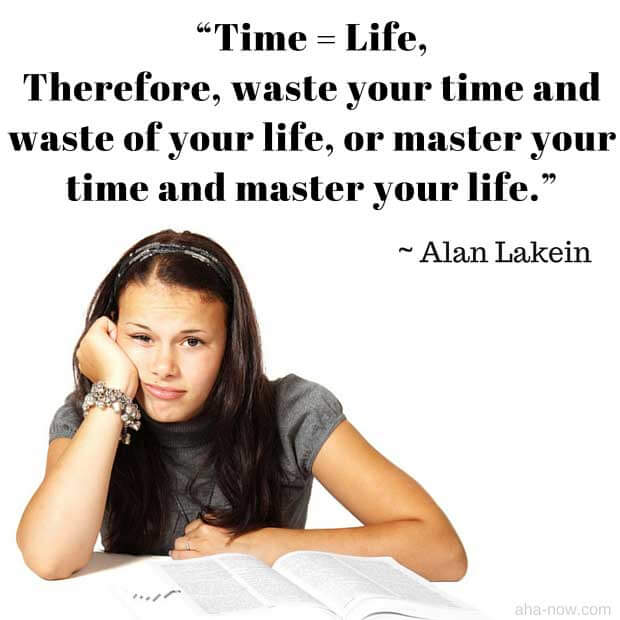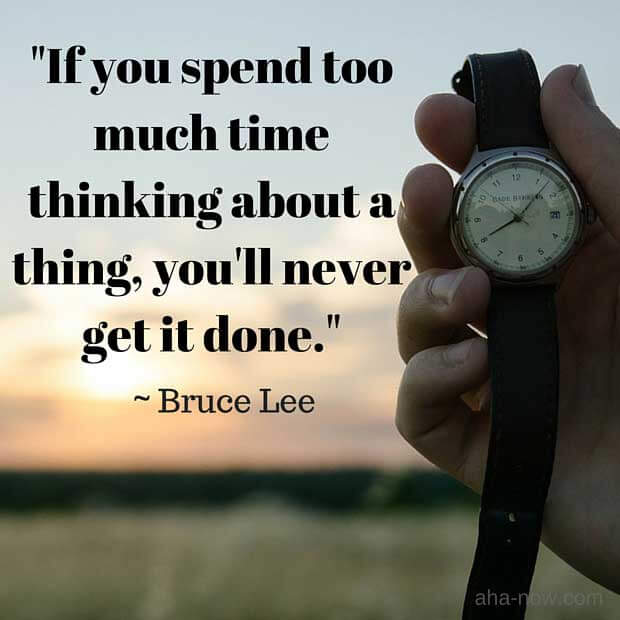BY JOHN ROMANIELLO
When I say I’ve suffered from “debilitating” depression, I mean exactly that: I’ve had long periods of time (three months or more) when getting out of bed was the only thing I could accomplish each day. And sometimes that was a stretch.
Since I’m clinically depressed and not bi-polar, I don’t have cycles of depression alternated with extreme mania. I just have periods of being depressed and periods of being a relatively normal human being. Most of the time I’m fine and happy and productive. I’m typically brash, boisterous, happy-go-lucky. I’m friendly and goofy and annoyingly passionate about love and life and sex and food and literature and music.
We throw the word "depression" around a lot. That's the unfortunate truth. We use it to describe a weeklong period of sadness after a breakup or a few days of feeling bad when things aren’t going our way. I don’t mean to trivialize those experiences or emotional hardships. But being sad is not the same as being depressed—that’s only the smallest part of it.
Depression is about feeling trapped by overwhelming unhappiness, completely surrounded by an impenetrable fog of misery, and a general acceptance of the idea that it will never go away.
Winston Churchill called depression “the black dog.” His reasoning was simple: Like a hunting dog, it would always be nipping at his heels, following him. For some people, the black dog is omnipresent. For others, like myself, depression comes and goes—but even when you’re not suffering, you’re always aware of the black dog off in the distance, waiting to close in. This is an uncomfortable thought to which one must adapt: Even when you’re not depressed, you’re afraid of depression.
In My Case
There have been times when I would break down and cry for seemingly no reason or randomly snap and put my fist through a window before I could rein in my temper. There were months when I hid from friends and family, pretending everything was fine and that I was too “busy” to see them while sitting alone in the dark. More often than I care to admit, there were times when I needed to be working on some massive project, but instead would spend a weekend watching an entire season of some TV show I’d already seen.
That’s what depression is like for me: a general inability to perform. And with it, a feeling of shame and guilt for not being able to do so, compounded by the ever-growing anxiety of deadlines.
In many ways, being truly depressed is sort of like being immunocompromised: It weakens you emotionally and psychologically, wears you down to your bones—and suddenly, things that would not normally affect you or which you could fight off with ease overwhelm you. When I’m depressed, I’m infinitely more susceptible to things like guilt, fear, shame, and regret. I’ll dwell on mistakes I made years ago and think about all of the ways I could have done things differently. I’ll feel ashamed of myself and my actions or inaction—and actively fantasize about the ways the lives of everyone around me would be better if I were simply not there.
Small setbacks seem like incomprehensible obstacles. Tiny transgressions seem like reasons for justifiable homicide.
Small setbacks seem like incomprehensible obstacles. Tiny transgressions seem like reasons for justifiable homicide. Mustering up the energy to shower sometimes takes days. Sleep comes unbidden or not at all. Training is half-hearted at best. Food turns to ash, and everything that isn’t made of chocolate seems to be made of cardboard. Life is pretty sh*tty.
Coming Out the Other Side
Since I’m clinically depressed and not bi-polar, I don’t have cycles of depression alternated with extreme mania. I just have periods of being depressed and periods of being a relatively normal human being. Most of the time I’m fine and happy and productive. I’m typically brash, boisterous, happy-go-lucky. I’m friendly and goofy and annoyingly passionate about love and life and sex and food and literature and music.
But depression doesn’t really follow any schedule or come at predictable intervals. Things just start feeling awful, and then they feel worse. And then you sort of get used to feeling awful. And then maybe things change a bit.
There is no massive change, no celebratory event, no clear signal that the storm has passed. Things just slowly get better. Day by day you’re able to function just a little bit more.
There’s an old saying about the month of March: It comes in like a lion and goes out like a lamb. Depression, then, is the March of your emotional calendar. And like March, it strikes suddenly and takes over absolutely everything. When it fades, it’s gradual. There is no massive change, no celebratory event, no clear signal that the storm has passed. Things just slowly get better. Day by day you’re able to function just a little bit more. And then one day you look up and realize you’re doing pretty well. Things seem less gray, and the world seems to offer reasons to keep living.
And there are reasons—thousands upon thousands of reasons. And they’re all around you. You just need to wait things out long enough for the veil to lift so you can see them. Now let’s talk about how to do that.
How I’ve Coped
Therapy and medication are viable options for treatment, as are other less clinical approaches: meditation, exercise, certain dietary changes. All of them work in their own way. While I dislike medication, I admit that antidepressants, taken in moderate doses for short periods of time (8 to 12 weeks), have seemed to get me through the hardest times.
Whether you find yourself besieged by depression and/or thoughts of suicide, or you know someone who may be in distress, I’d like to provide some other resources that have helped me.























